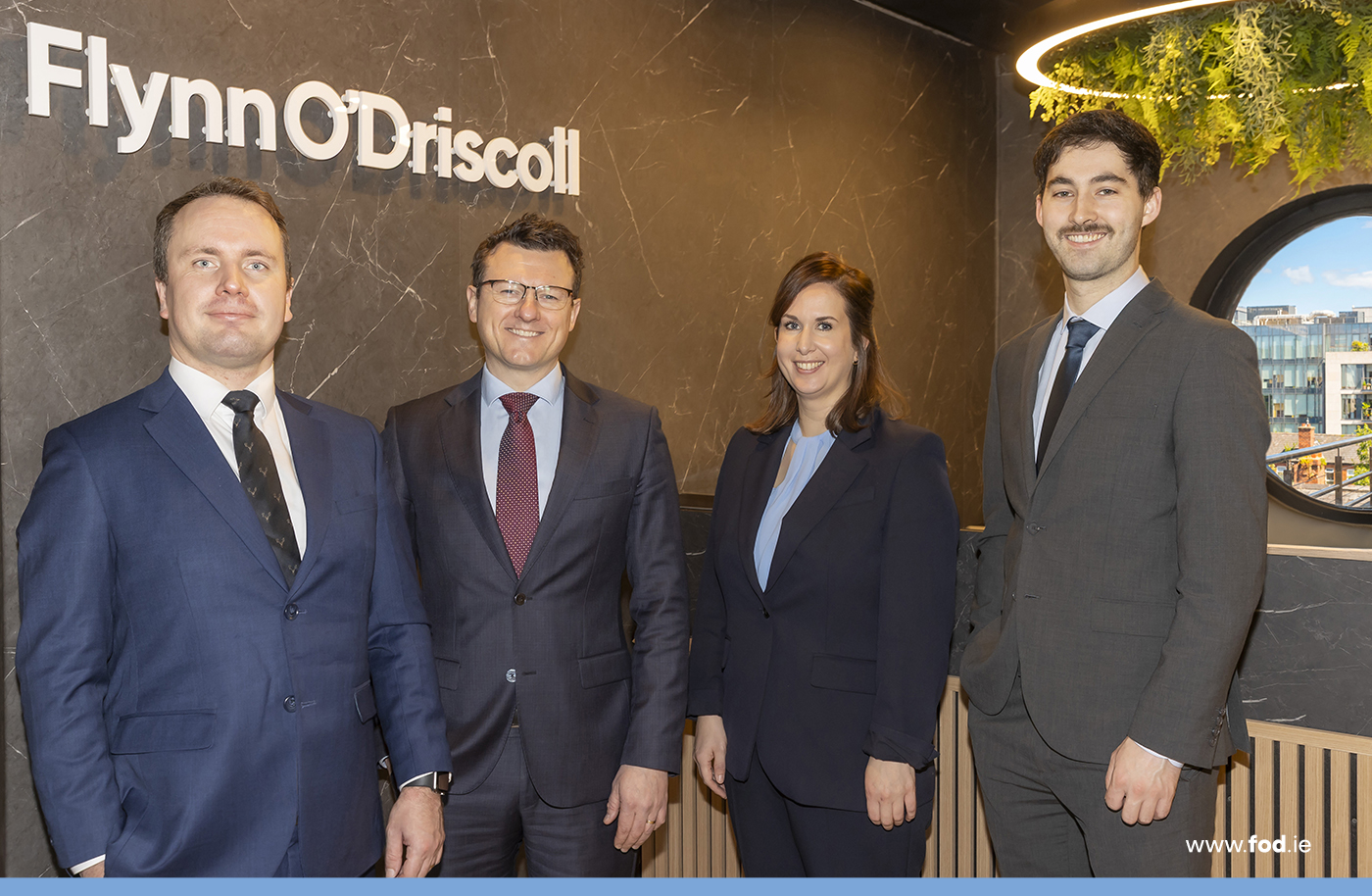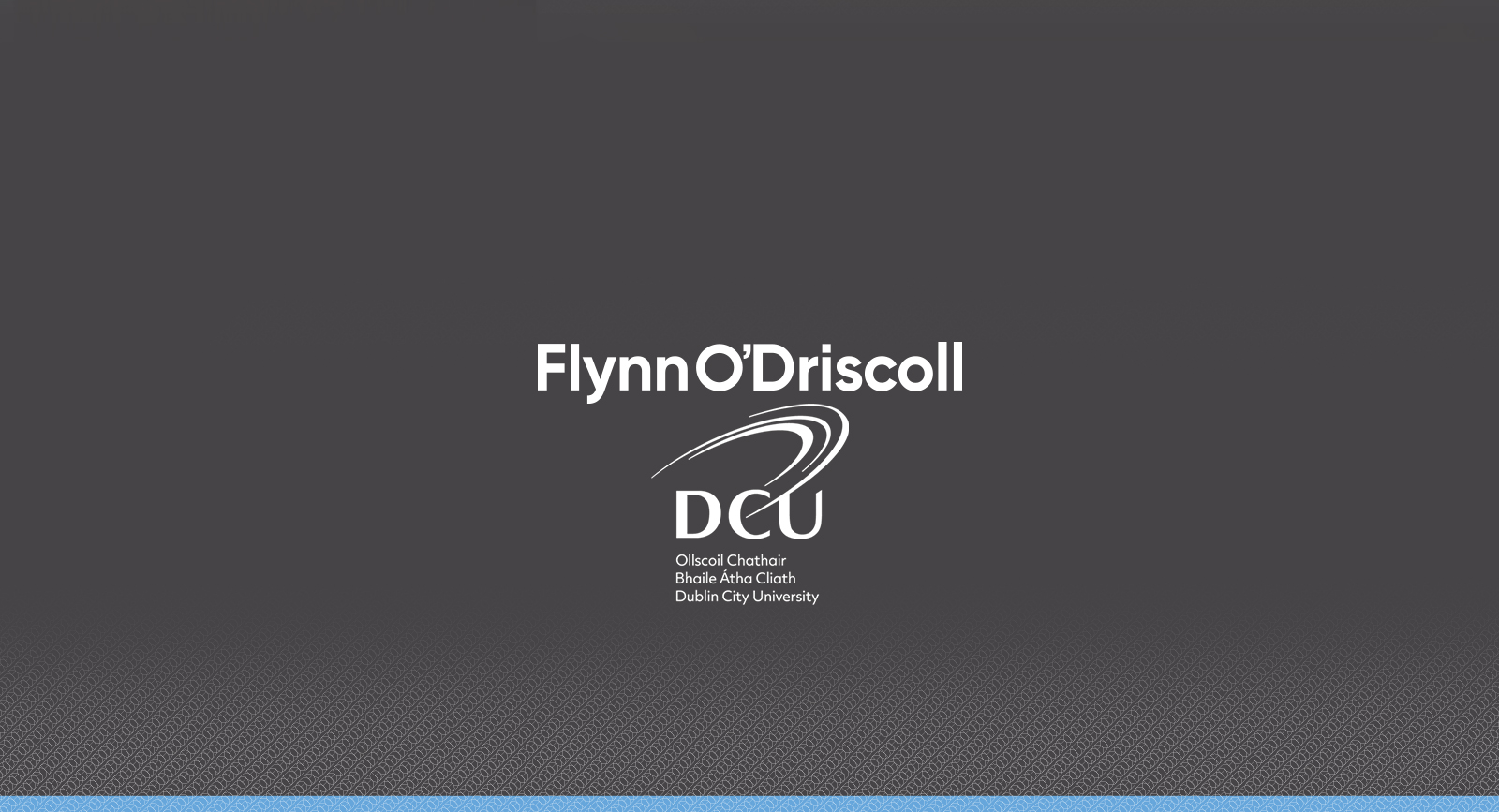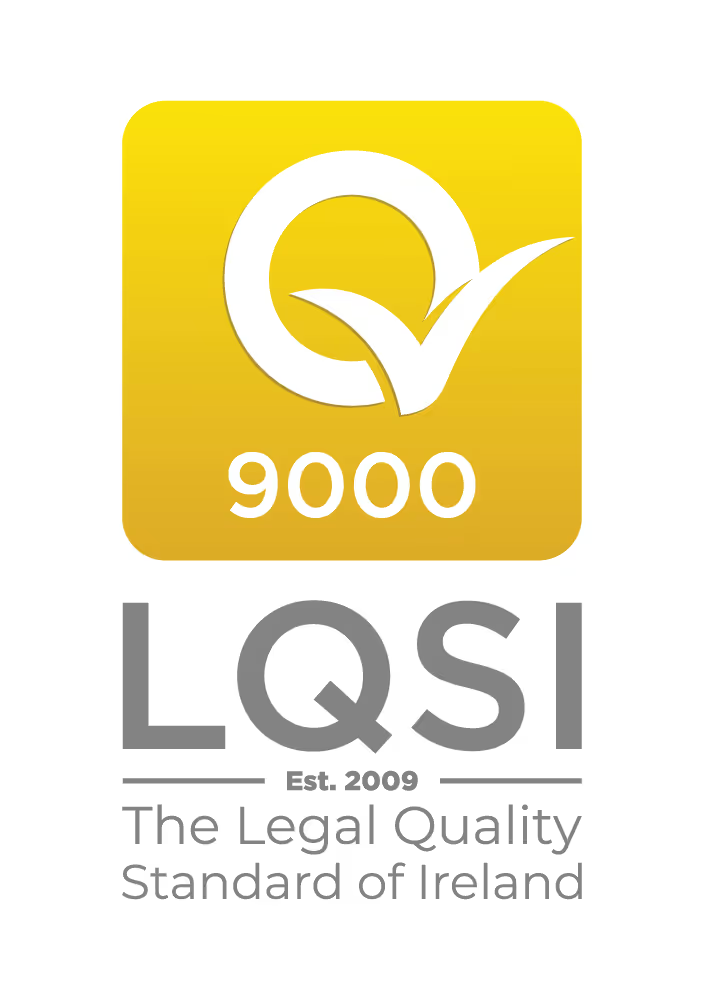Intellectual property rights play a key role in building stronger and more competitive businesses. Whether these rights protect your novel inventions as patents, the copyright in your original works, design rights in your products (or parts of them) or the trade mark rights in original brands and other badges of origin, these rights all seek to recognise inventiveness and reward creativity. Trade marks are useful in distinguishing your business and brands from the competition while at the same time in adding value to your IP portfolio.In Ireland, the Trade Marks Act 1996, as amended, defines a trade mark as “Any sign capable of being represented graphically which is capable of distinguishing goods or services of one undertaking from those of other undertakings.” A trade mark therefore may consist of words (including personal names), designs, letters, numerals, the shape of goods or their packaging, colours and even sounds – provided in each case that the trade mark is capable of being graphically represented and is sufficiently distinctive.As part of its series of trade mark publications, and in recognition of this World Intellectual Property Day, our Intellectual Property and Technology Team have set out below some key considerations that should be taken into account, from a trade mark perspective when generating new names:Avoid descriptive terms.In Ireland, a trade mark will be refused registration on absolute grounds if the trade mark; (i) fails to satisfy the statutory definition of a trade mark (above); (ii) is descriptive of the product or service to which it applies (or any characteristic or benefit of that product or service); (iii) is devoid of distinctive character; (iv) consists of a term customarily used in the trade; or (v) is contrary to public policy or accepted principles of morality. By way of example, an application to register APPLE for apples and other fruits or apple flavoured foods or beverages would be rejected on absolute grounds (because it is descriptive of the type or flavour of the goods) whereas an application to register APPLE for computer hardware and software would not (as the term APPLE is not descriptive of computer products).Coined or suggestive terms.The more unique and distinctive the term, the greater its chances of proceeding to successful trade mark registration, subject of course to its availability.Translations, slang and other meanings.For a “global” brand, it is important to consider any possible derogatory or other meanings, which may arise in the event of translation or use of the name in other key markets.Consider the competition.Avoid names that are identical to or confusingly similar with existing competing brands or other “well-known” brand names. A trade mark application (in Ireland and many other jurisdictions) will be refused on relative grounds if the trade mark is identical to or confusingly similar with an earlier trade mark for similar or identical goods or services.The owner of any earlier trade mark is entitled to challenge the use or registration of any new trade mark if it believes that such use or registration infringes upon its earlier trade mark rights, regardless of whether or not the trade mark application was initially accepted by the Controller. There are also additional protections for “well-known” trade marks.Availability and searching.To assess availability for registration and the level of commercial risk associated, if any, with the use of any new trade mark, it is prudent to carry out a full availability search in advance of seeking to register a trade mark, in the market of interest.Secure the name.Assuming the search results for the chosen trade mark are favourable, it is usually at this stage that an application for registration is filed.Our team would be glad to assist with your trade mark requirements. For more information, please contact any member of our team.

Laura Myles
Head of Technology and Intellectual PropertyView Profile

Áine Moloney
SolicitorView Profile

Nolene Treacy
SolicitorView Profile





